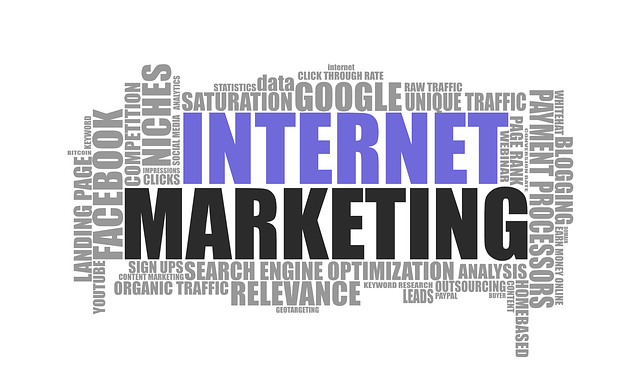Pizza restaurants are leveraging AI and allergen labeling verification tools to implement dynamic pricing strategies that balance profitability and customer satisfaction. By analyzing ingredient costs, labor expenses, demand patterns, and market trends, these systems set competitive prices. AI algorithms predict peak ordering times to optimize revenue, while allergen labeling tools ensure accurate communication of dietary information, enhancing transparency for health-conscious consumers. These tools process vast data quickly, detect subtle changes in ingredients or production methods, and facilitate precise pricing based on diverse customer needs, minimizing health risks associated with incorrect allergen information.
In today’s competitive market, data-driven pricing strategies are revolutionizing the pizza industry. This article explores how AI is transforming pizza restaurant operations through advanced pricing methods and innovative solutions. We delve into understanding data-driven pricing, specifically focusing on its application in pizza restaurants. Furthermore, we examine the role of AI allergen labeling verification tools in ensuring accurate and transparent menus. Eventually, we discuss integrating these technologies to optimize pricing strategies for better customer experience and increased profitability.
- Understanding Data-Driven Pricing for Pizza Restaurants
- The Role of AI in Allergen Labeling and Verification
- Integrating AI Tools for Optimized Pizza Pricing Strategies
Understanding Data-Driven Pricing for Pizza Restaurants

In today’s data-rich world, pizza restaurants are leveraging AI and allergen labeling verification tools to implement dynamic pricing strategies that optimize profits while meeting customer needs. Data-driven pricing goes beyond traditional models by considering various factors such as ingredient costs, labor expenses, demand patterns, and even real-time market fluctuations. By analyzing vast amounts of data, these advanced tools can identify trends and correlations, enabling restaurants to set prices that are both competitive and profitable.
This approach ensures that menu pricing reflects the current economic climate and customer preferences. For instance, AI algorithms can predict peak ordering times and adjust pricing accordingly, encouraging orders during off-peak hours while maximizing revenue. Moreover, with the integration of allergen labeling verification, restaurants can accurately communicate ingredient information to customers, catering to dietary restrictions and enhancing transparency, which is particularly important for health-conscious consumers.
The Role of AI in Allergen Labeling and Verification

Artificial Intelligence (AI) is transforming the food industry, and its impact on allergen labeling and verification is significant. AI allergen labeling verification tools leverage advanced algorithms to analyze product formulations, identify potential allergens, and ensure accurate labeling. These tools can sift through vast amounts of data, including ingredient lists, nutritional information, and historical records, in a fraction of the time it would take human inspectors.
By integrating AI into allergen labeling processes, restaurants can enhance food safety and comply with regulatory requirements more efficiently. AI algorithms can detect subtle variations in ingredients or production methods that might introduce new allergens or increase existing ones. This ensures that customers receive precise and reliable information about the ingredients in their pizzas, promoting transparency and trust in the brand.
Integrating AI Tools for Optimized Pizza Pricing Strategies

Integrating AI into pricing strategies for pizza restaurants offers a data-driven approach, enhancing efficiency and customer satisfaction. These advanced tools analyze various factors, from ingredient costs and demand patterns to consumer behavior, to determine optimal pricing. By leveraging AI, pizzerias can quickly adjust prices, ensuring they remain competitive while maximizing profits.
AI allergen labeling verification tools play a pivotal role in this process, as they ensure precise and accurate pricing based on dietary restrictions. These tools, integrated into the pricing strategy, help restaurants cater to diverse customer needs, preventing errors and potential health risks associated with incorrect allergen information. This precision in pricing is particularly beneficial for pizza, where numerous variations and toppings can significantly impact the final cost.
In conclusion, AI is transforming pizza restaurants by enhancing pricing strategies with data-driven insights. The integration of AI tools not only optimizes menu pricing but also plays a pivotal role in allergen labeling and verification, ensuring consumer safety and satisfaction. By leveraging AI allergen labeling verification tools, pizza establishments can navigate the complex food allergy landscape with precision, thereby fostering trust among their customers. This innovative approach underscores the potential of AI to revolutionize the dining experience, making it more inclusive and delicious for all.
